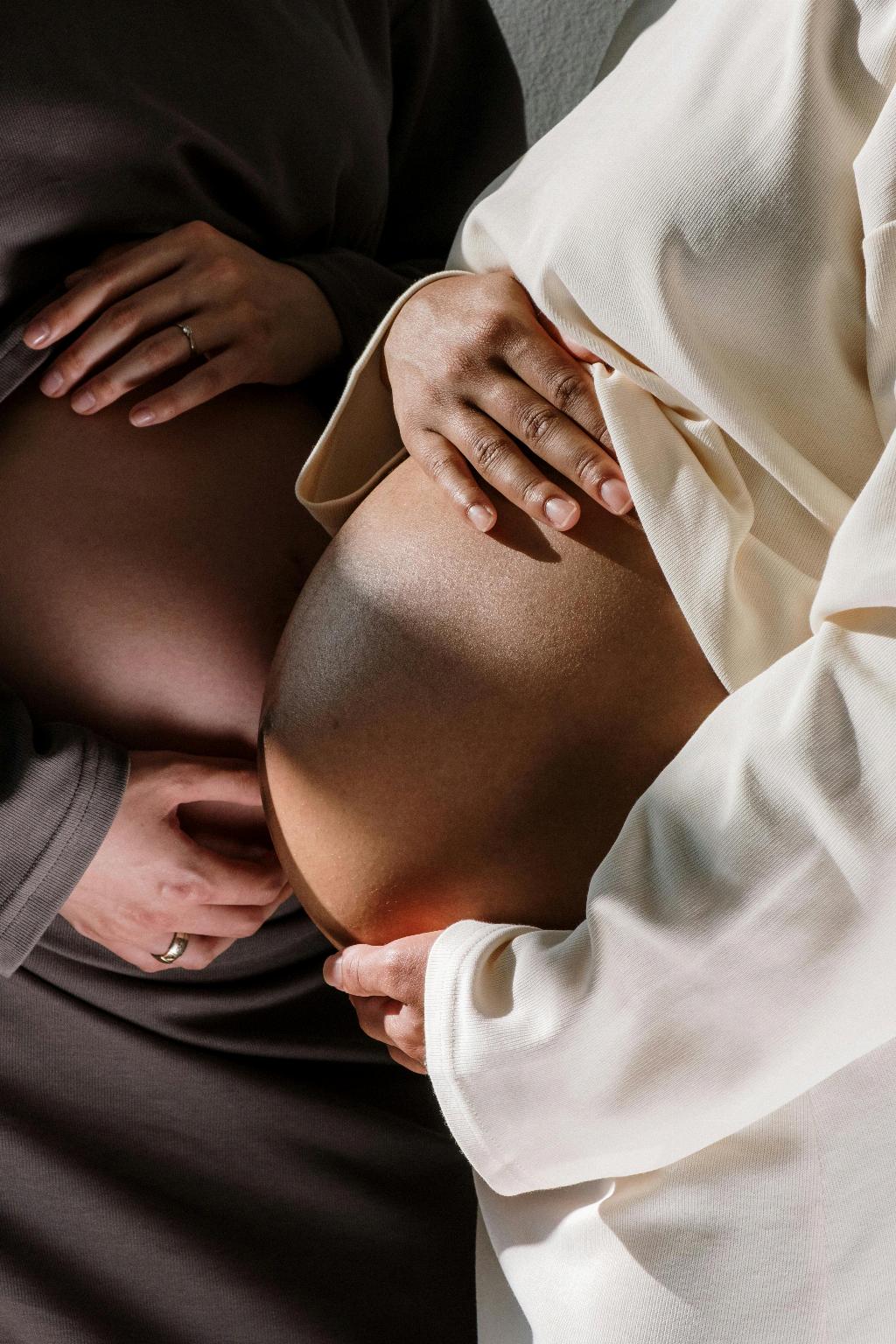Many women wonder about the changes their bodies go through during and after pregnancy. One common question that often arises is whether breasts get permanently bigger after pregnancy. It’s essential to delve into the details to provide a clear answer.
Initial Breast Changes During Pregnancy
During pregnancy, breasts typically undergo changes to prepare for breastfeeding. They may become larger, more tender, and feel heavier as the body produces higher levels of hormones. These changes are a natural part of the body’s response to pregnancy.
Breast Size During Breastfeeding
While breastfeeding, many women notice that their breasts are fuller and larger than usual. This is due to increased blood flow and milk production. The size of the breasts may fluctuate during this time, but it’s important to note that these changes are often temporary.
Post-Breastfeeding Changes
Once breastfeeding stops, breasts may gradually return to their pre-pregnancy size. The fat that was accumulated during pregnancy and breastfeeding can decrease, causing the breasts to shrink. However, each woman’s body is unique, and the extent of these changes can vary.
Factors Affecting Breast Size
Several factors can influence how breasts change after pregnancy. These include genetics, age, weight fluctuations, and overall breast tissue composition. Additionally, the duration of breastfeeding and the number of pregnancies can also play a role in determining breast size post-pregnancy.
Will Breasts Stay Bigger Permanently?
While some women may experience a permanent increase in breast size after pregnancy, this is not the case for most. The majority of women find that their breasts return to a size similar to what they were before pregnancy once the hormonal changes and milk production cease.
Options for Addressing Breast Changes
If a woman is dissatisfied with the changes in her breast size post-pregnancy, there are options available to address this. These may include exercises to strengthen the chest muscles, wearing supportive bras, or considering surgical interventions such as breast augmentation or reduction.
Embracing Body Changes
It’s essential for women to embrace the natural changes their bodies go through during and after pregnancy. These changes are a testament to the incredible journey of motherhood and should be celebrated rather than viewed negatively. Each body is unique and beautiful in its way.
Consultation with Healthcare Providers
If a woman has concerns about her breast size post-pregnancy or notices any unusual changes, it’s advisable to consult with healthcare providers. They can offer guidance, support, and recommendations based on individual needs and circumstances.
Self-Care and Body Positivity
Practicing self-care and fostering a positive body image are crucial aspects of embracing post-pregnancy body changes. Women should focus on taking care of themselves, both physically and emotionally, and recognize the beauty and strength within their bodies.
Conclusion
In conclusion, while breasts may temporarily increase in size during pregnancy and breastfeeding, they typically return to a pre-pregnancy state once these stages are complete. The notion of breasts getting permanently bigger after pregnancy is not a universal reality, highlighting the uniqueness and variability of women’s bodies.

